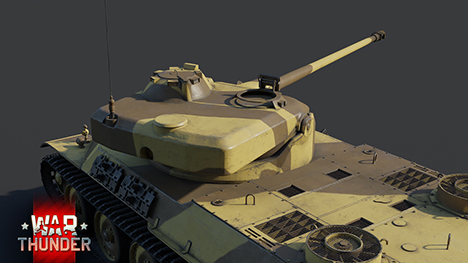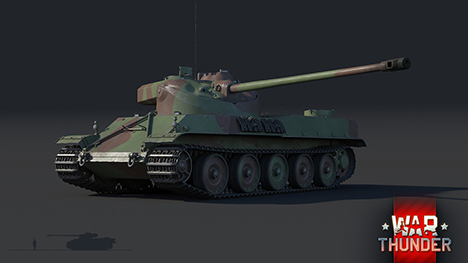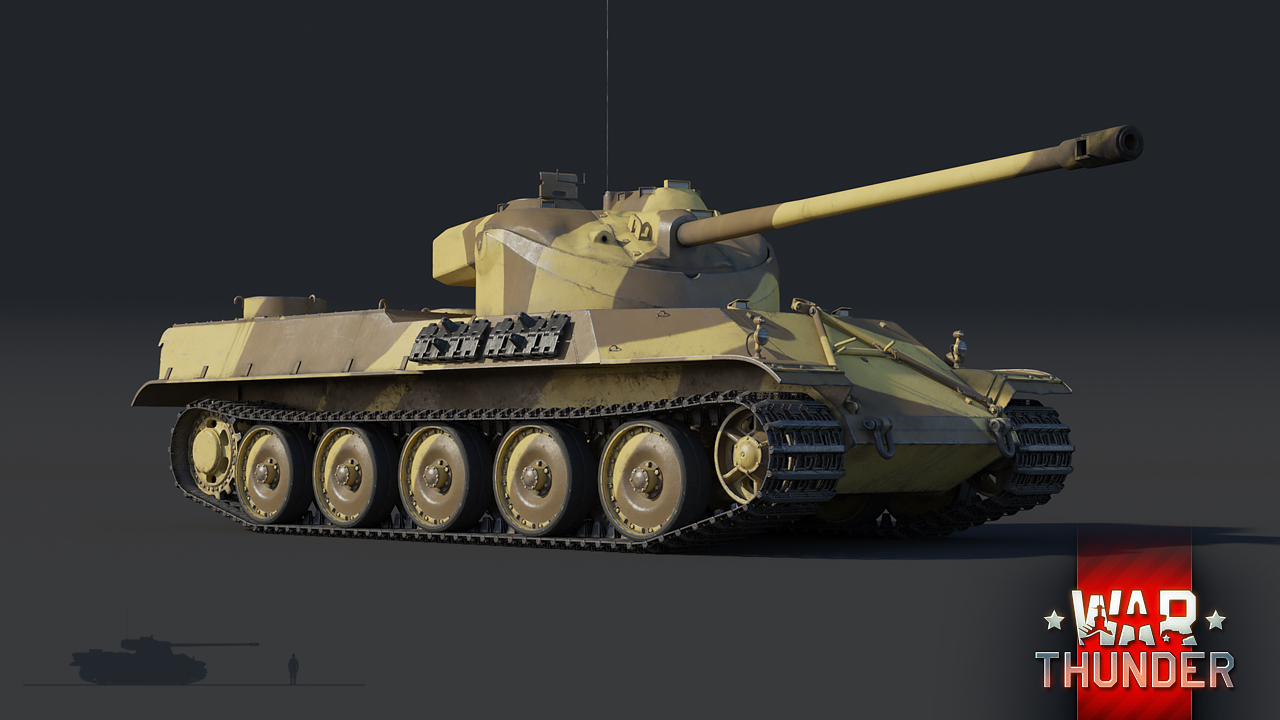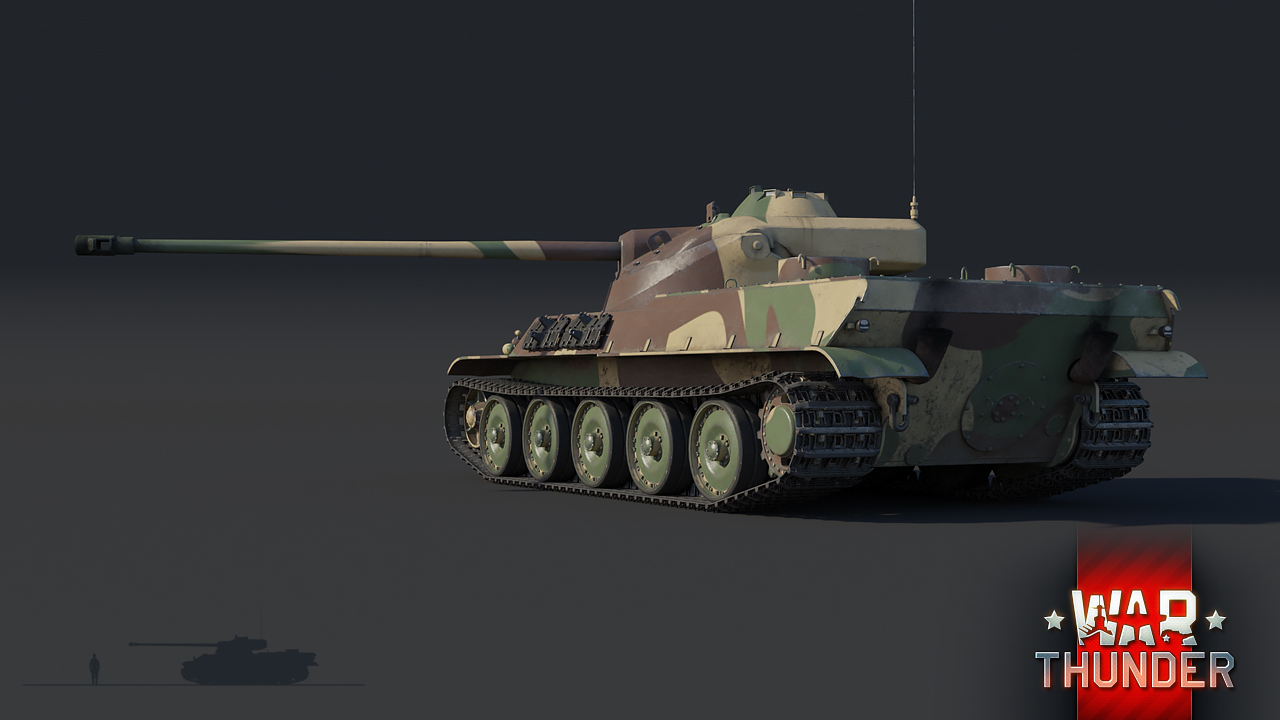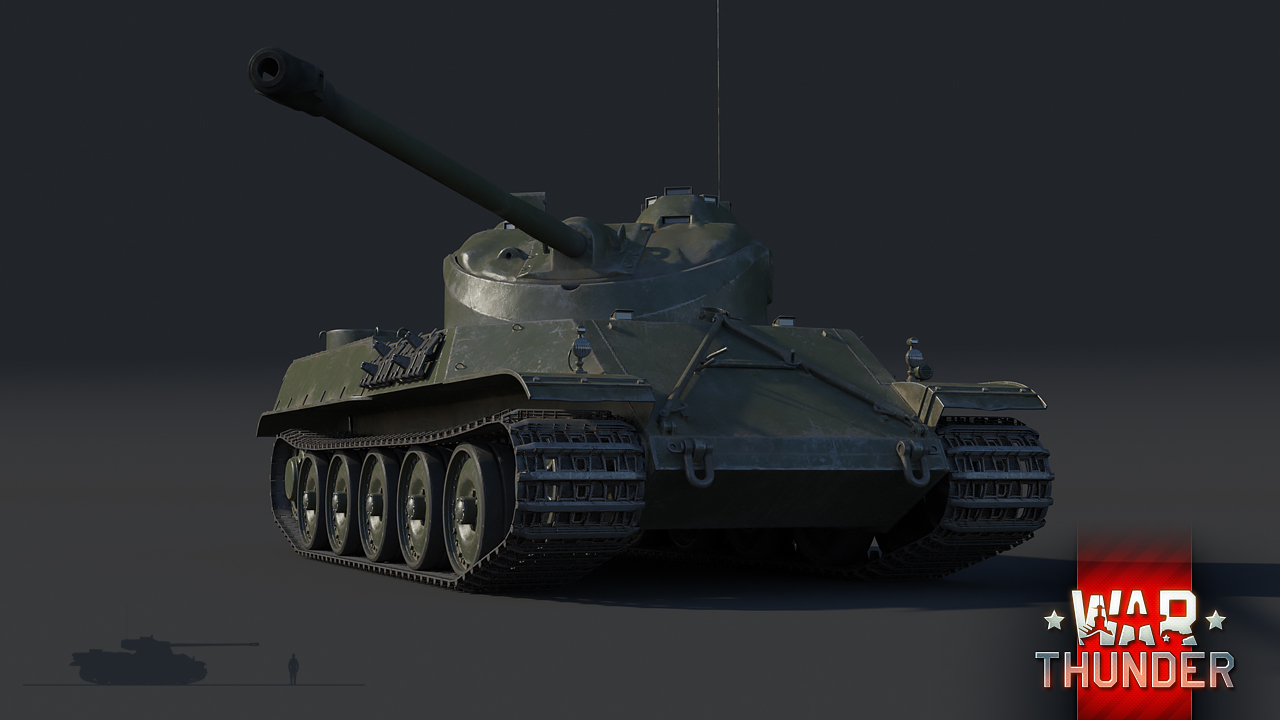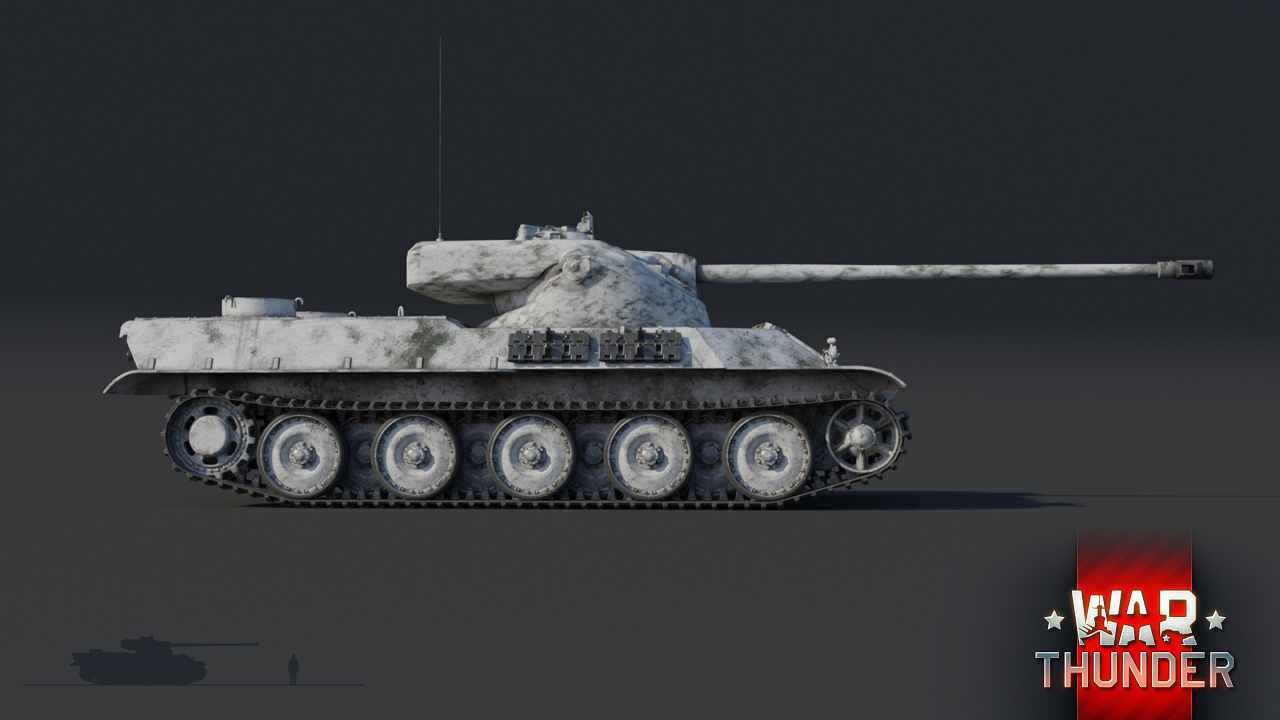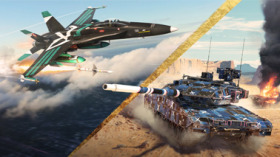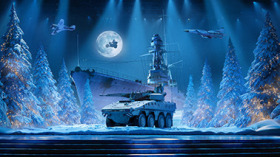
- For PC
- For MAC
- For Linux
- OS: Windows 10 (64 bit)
- Processor: Dual-Core 2.2 GHz
- Memory: 4GB
- Video Card: DirectX 11 level video card: AMD Radeon 77XX / NVIDIA GeForce GTX 660. The minimum supported resolution for the game is 720p.
- Network: Broadband Internet connection
- Hard Drive: 22.1 GB (Minimal client)
- OS: Windows 10/11 (64 bit)
- Processor: Intel Core i5 or Ryzen 5 3600 and better
- Memory: 16 GB and more
- Video Card: DirectX 11 level video card or higher and drivers: Nvidia GeForce 1060 and higher, Radeon RX 570 and higher
- Network: Broadband Internet connection
- Hard Drive: 62.2 GB (Full client)
- OS: Mac OS Big Sur 11.0 or newer
- Processor: Core i5, minimum 2.2GHz (Intel Xeon is not supported)
- Memory: 6 GB
- Video Card: Intel Iris Pro 5200 (Mac), or analog from AMD/Nvidia for Mac. Minimum supported resolution for the game is 720p with Metal support.
- Network: Broadband Internet connection
- Hard Drive: 22.1 GB (Minimal client)
- OS: Mac OS Big Sur 11.0 or newer
- Processor: Core i7 (Intel Xeon is not supported)
- Memory: 8 GB
- Video Card: Radeon Vega II or higher with Metal support.
- Network: Broadband Internet connection
- Hard Drive: 62.2 GB (Full client)
- OS: Most modern 64bit Linux distributions
- Processor: Dual-Core 2.4 GHz
- Memory: 4 GB
- Video Card: NVIDIA 660 with latest proprietary drivers (not older than 6 months) / similar AMD with latest proprietary drivers (not older than 6 months; the minimum supported resolution for the game is 720p) with Vulkan support.
- Network: Broadband Internet connection
- Hard Drive: 22.1 GB (Minimal client)
- OS: Ubuntu 20.04 64bit
- Processor: Intel Core i7
- Memory: 16 GB
- Video Card: NVIDIA 1060 with latest proprietary drivers (not older than 6 months) / similar AMD (Radeon RX 570) with latest proprietary drivers (not older than 6 months) with Vulkan support.
- Network: Broadband Internet connection
- Hard Drive: 62.2 GB (Full client)
Today we’re starting with a devblog series dedicated to the development history and in-game performance of the AMX-50 family of tanks, added to War Thunder in update 1.75 “La Résistance”. The first vehicle we’ll be taking a closer look at is the first prototype of the series, the AMX M4.
After the Liberation of France in 1944, the French army found itself in a particularly difficult situation, especially when armoured vehicles were concerned. With barely any available indigenous machines, of which most were considered to be outdated, a solution for the dire situation had to be found fast. Although the ongoing development of the ARL-44 heavy tank promised a stop-gap measure to fill the ranks of the armoured divisions, it was clear from that start that this vehicle was by no means a modern tank design and that a replacement would be due very soon after its introduction to service. Whilst still being in development, a more modern replacement for the ARL-44 was already being drawn up by the AMX company in 1945. Later in the same year, AMX presented a plan to construct the M4 prototype vehicle, which would later lead to the AMX 50 series of tanks.
The AMX M4 prototype was the first vehicle of what would become the AMX 50 tank family. Whilst designing the vehicle, AMX engineers took plenty inspiration from the latest German tanks, such as the King Tiger and Panther. Thus, the resulting AMX design’s hull and overlapping road wheel suspension, resembled that of the German tanks. But the resemblance doesn’t stop there. The 90mm Schneider cannon, with which the M4 was equipped with, also closely mirrored the performance of the infamous German KwK 43 cannon. Furthermore, the M4 was powered by a captured Maybach gasoline engine. However, as the vehicle’s weight had to be kept under 30 tonnes, the armour protection was limited to a maximum of 30mm, thus ending the list of similarities with the heavier German tanks. Shortly after two examples of the M4 were ordered, the Army expressed their concern with the thin armour and subsequently requested it to be increased to 80mm. By 1949, the first prototype was constructed and redesignated to AMX M4, in accordance to its new weight class. In the following year, both prototypes would undergo changes that would increase their capabilities and bring the project closer to completion, but that’s a story for another day. What happened next to the AMX 50 project, we will cover in the next part of this devblog series.
In War Thunder, the AMX M4 is one of the first vehicles at the fourth rank of the French ground forces tree that players have the ability to unlock. Although having a very similar visual appearance to the Lorraine 40t, tankers will quickly learn that the two vehicles are actually very different in their intended use and performance. For starters, the AMX M4 is immediately set apart from the Lorraine 40t by its heavier weight coming from the thicker armour protection. In fact, the AMX M4 doubles the armour thickness of the Lorraine 40t, going up to 80mm at its strongest. This will allow players to get involved in the thick of the fighting for prolonged periods, without having to solely rely on flanking maneuvers and “hit & run” tactics, as would be the case with the Lorraine. However, whilst large scale, chaotic brawling fights are certainly an option, the M4 truly shines when set up in a hull-down position. The oscillating turret of the M4 features thick angled cast steel armour which, combined with the turret’s overall small dimensions, is a very difficult target to hit, penetrate and do damage to. Combine this with an autoloading mechanism and you have yourself an almost perfect tank to defend strategic positions or ambush an entire group of enemy tanks with.
However, the AMX M4 does come with some shortcomings as well. Although the M4 is equipped with a more powerful engine, the increased weight from the heavy armour protection limits the mobility of the vehicle to 51 km/h on roads and on average to 30 km/h cross-country. This will somewhat limit the ability of M4 commanders to quickly adjust to a sudden change on the battlefield, but shouldn’t present itself as a large issue if the vehicle has to be deployed for combat somewhere else. Whilst the autoloading mechanism on both the Lorraine 40t and the AMX M4 is the same, offering both vehicles a rate of fire of 9 rounds/min, it’s worth noting that the M4 does have a smaller caliber cannon and a different ammunition choice than the Lorraine. For the M4, it’s armed with a 90mm SA45 cannon, firing APCBC shot, capable of penetrating up to 193mm of steel armour. It’s also notable that APC ammunition losses penetration quicker over large distances compared to ballistic capped rounds, in use on the Lorraine for example. Thus, aspiring commanders of the AMX M4 should focus more on short to medium range engagements, where both their gun and armour can be used more effectively, whilst letting Lorraine drivers cover their flanks, spot targets and focus on long range engagements.
The AMX M4 has already established itself within the heated ground battles of War Thunder, finding many fans among tankers. Have you tried out the AMX M4 in battle yet or fought against it? Let us and other players know in the comments below. Stay tuned for the next part of this devblog series, where we will discuss the further development of the AMX 50. Until then!
Previous Development Blogs:
The War Thunder Team
